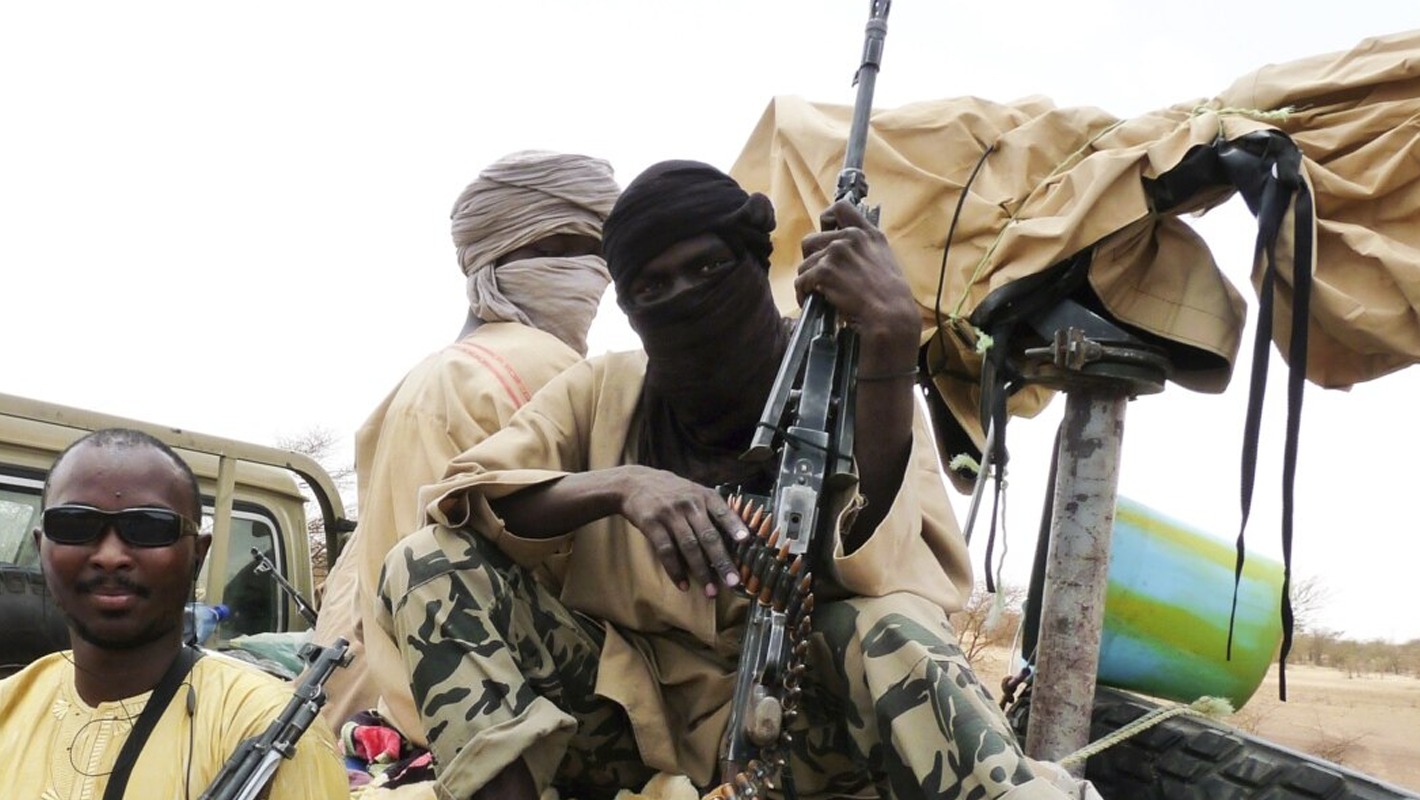
The African Union (AU) has appealed for immediate international action, including intelligence-sharing, to tackle worsening security in Mali, where insurgent groups have imposed a fuel blockade and kidnapped foreign nationals.
The Sahel-based jihadist group Jama’at Nusrat al-Islam wal-Muslimin (JNIM), affiliated with Al Qaeda, has targeted fuel convoys since September, disrupting supplies and forcing schools and businesses to close. The group’s escalating operations have sparked fears that it could attempt to assert broader control over Mali. Western nations, including the U.S., France, Britain, and Italy, are advising their citizens to leave the country.
On Sunday, AU Commission chairperson Mahmoud Ali Youssouf expressed “deep concern over the rapidly deteriorating security situation in Mali, where terrorist groups have imposed blockades, disrupted access to essential supplies, and severely worsened humanitarian conditions for civilian populations.”
He called for “enhanced cooperation, intelligence-sharing and sustained support” for Sahel countries affected by violent extremism.
The AU suspended Mali following the 2021 coup that brought military leader Assimi Goita to power. Since then, Mali, along with Niger and Burkina Faso, has withdrawn from the regional bloc ECOWAS, distanced itself from Western partners, and sought military assistance from Russia.
JNIM has claimed responsibility for attacks on military posts across these three countries, asserting it killed hundreds of soldiers this year, though local governments have not verified the figures. On Monday, a JNIM media unit said its fighters killed 48 soldiers and injured over 100 at a military base in Soumpi, northern Timbuktu. Malian military officials did not immediately comment.
The jihadist group has also abducted foreign nationals to fund its operations. Youssouf urged the prompt release of three Egyptians recently kidnapped in Mali. In October, two UAE citizens were reportedly freed after a ransom payment of around $50 million.
